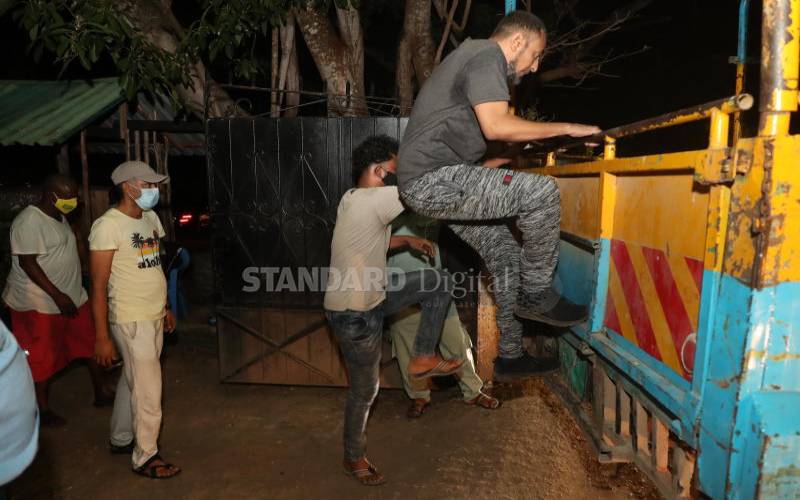×
The Standard e-Paper
Home To Bold Columnists

Kenyans are likely to face another extended period of Covid–19 restrictions following a jump in the number of infections.
The Ministry of Health yesterday said the country was in the midst of a third wave of the coronavirus as the positivity rate climbed to 14 per cent. Yesterday the country recorded 713 new cases of Covid-19 out of a sample size of 5,230. This raised the number of cases to 110,356.